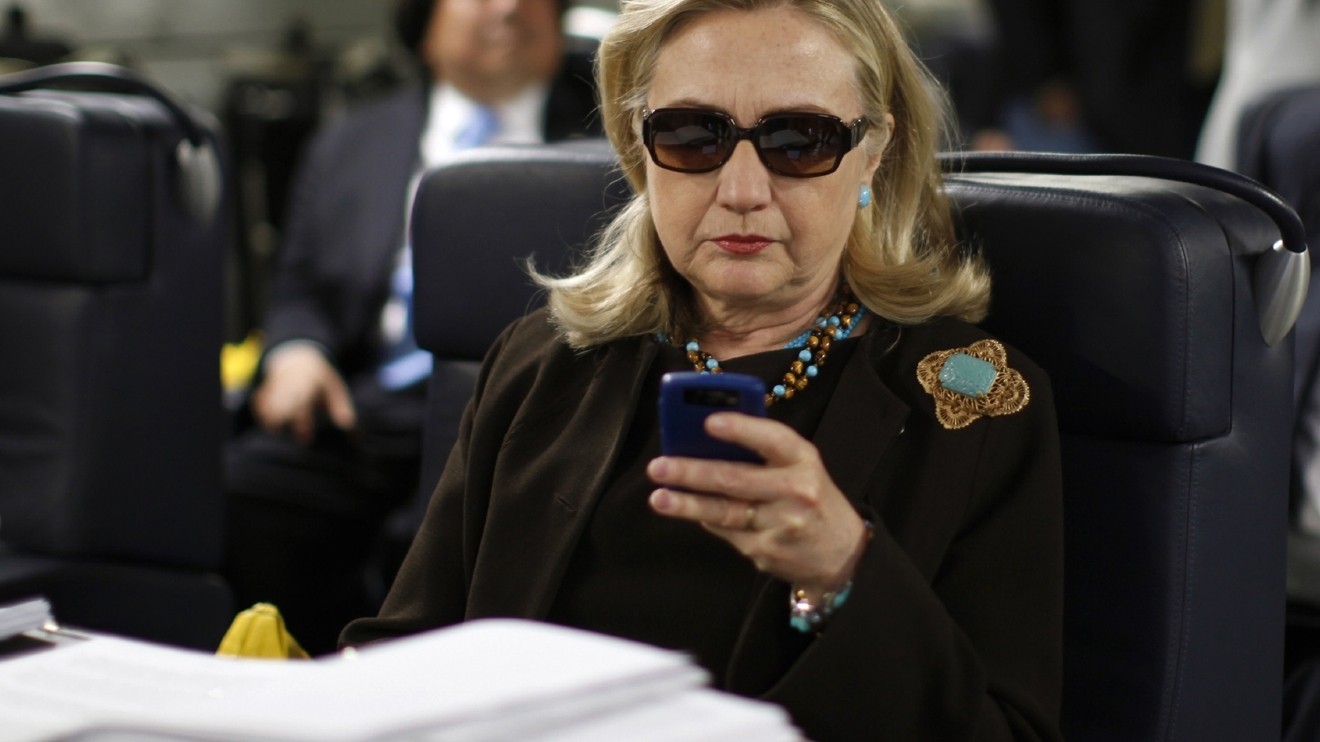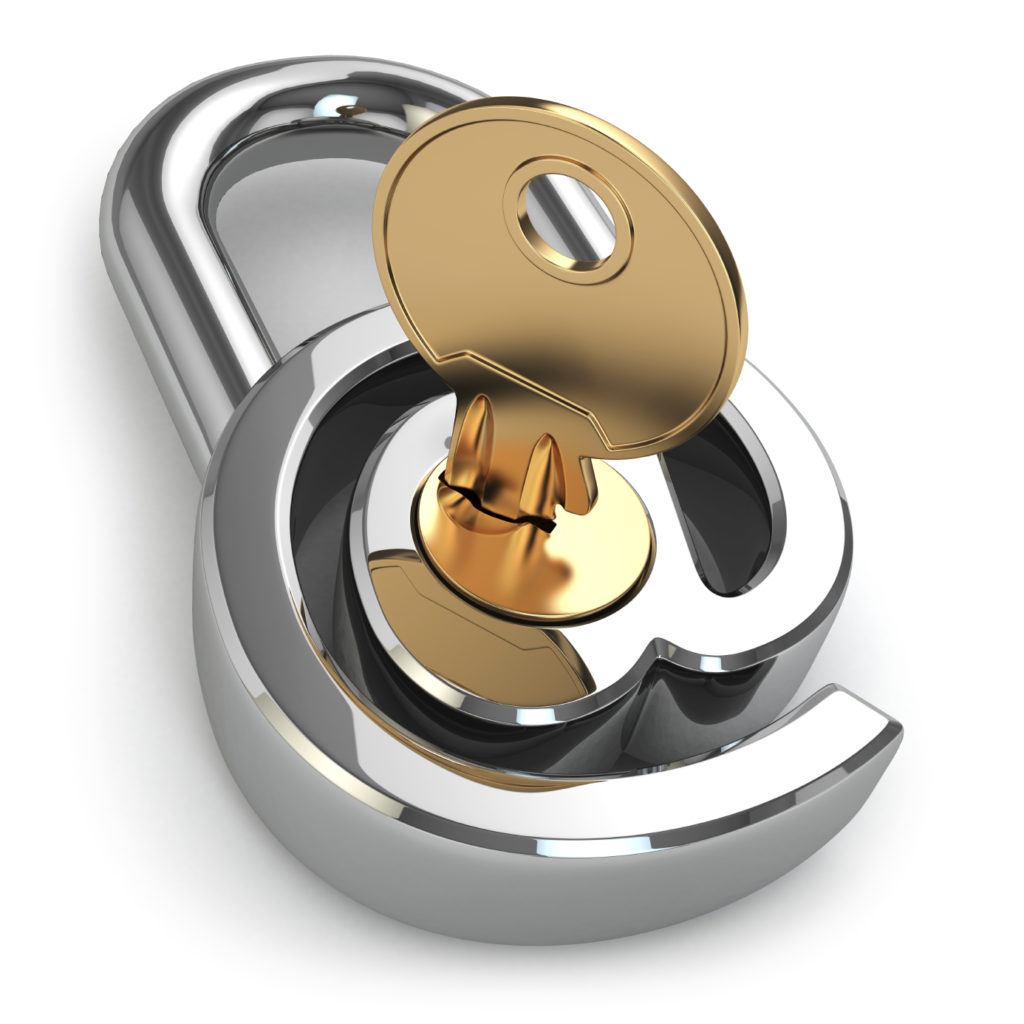You’re probably familiar with the whole fiasco going on around Democratic Presidential Nominee Hillary Clinton’s indiscreet use of her private email server. The issue I’m going to talk about today is not about the appropriateness of using a personal email account for official emails. Of course, if you were Secretary of State and a candidate for the top job in the country that would be a problem, to say the least. But what I’m talking about here is the security concerns around emails in general.
Why Use Official Communication Channels When Personal Accounts Are More Convenient?
In a single word, culpability. Irrespective of what level of job you hold in your organization, you will invariably be sharing information that is not supposed to be circulated outside. In Clinton’s case she was apparently unaware of protocol surrounding state information. Fortunately, the hacking attempts on her private mail server were unsuccessful. But what if someone did manage to break into it? Imagine the controversy that would have created.
Don’t put yourself in that position. If your company gives you VPN (virtual private network) access to their corporate network, by all means use that. In that situation the responsibility for the system’s security is not yours. However, don’t think you’re in the clear yet. There are several email security protocols that the user is directly responsible for.
The Greatest Security Risk of All
If you’ve read my recent article about iCloud security, titled Is Your Data Safe on iCloud Despite Multiple Hacker Attacks Over the Years?, you’ll know that the user is usually the biggest security risk in any situation. While in Hillary Clinton’s case Donald Trump and other Republicans certainly jumped on the opportunity to prove that Clinton was a security risk, and FBI Director James Comey outright called it “extremely careless”, the culpability does fall on Clinton’s choice to use a single email ID.
As an email user, are you careful about your password getting into the wrong hands? In fact, are you using one that’s secure enough or is it something that another person might easily guess? Are you sharing it with friends and family?
The other consideration is the security of your email system. Gmail accounts can easily be hacked. Same goes for Hotmail or Yahoo or any other public email system that you use. Are you auto-forwarding your official emails to your Gmail account so you can work conveniently from home? That’s a big no no.
Finally, there’s the risk of using a public computer or simply being careless while accessing your company’s network. Oftentimes people are unaware of the risks of “just going to the bathroom” leaving their computers unlocked and sensitive applications like email open. I’m not saying you can’t trust your family. What I’m saying is that you shouldn’t be putting yourself in a situation that might cause embarrassment later on. Or worst, a situation that might even cost you your job.
Hillary’s Clinton actions did pose a risk to the nation’s security considering her position at the time. However, most of us are guilty of similar security lapses on a daily basis. The only difference is that we probably won’t make the news if we mess up.
If you’re reading this on Apple News, please favorite the 1RedDrop channel (next to our logo) to add us to your news feed, or Like our page on Facebook. Please bookmark our site for more insightful articles on current and future technologies that are changing our lives.




